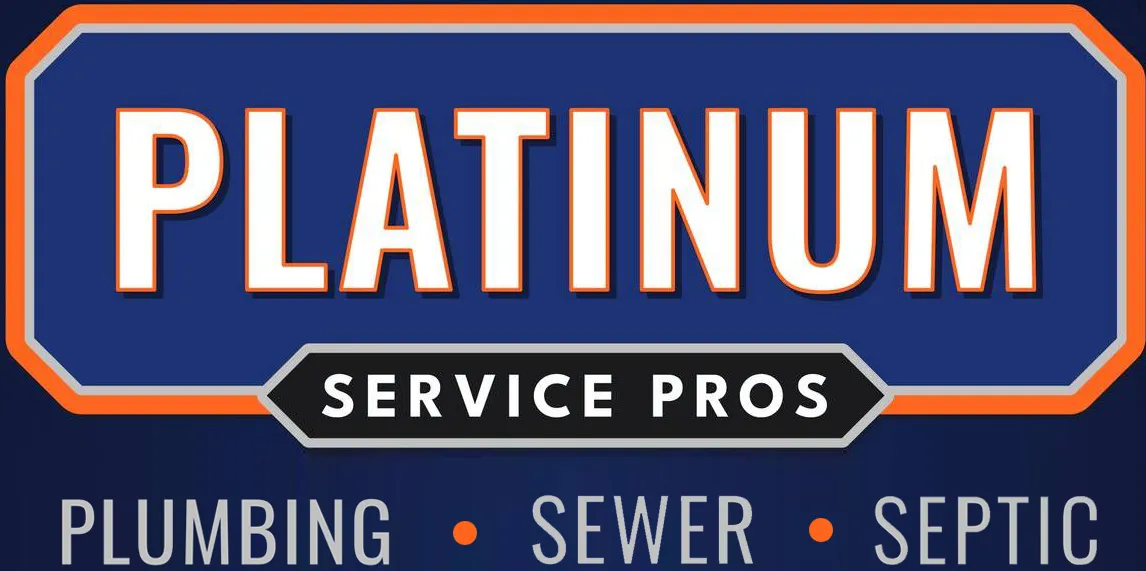Serving Hardin, Meade, Breckinridge and Larue counties
💲Easy Financing Available

AVOID COSTLY MISTAKES:
Do NOT hire an excavating contractor without first reading our free guide:
The ULTIMATE Excavation & Septic "Success Guide."


Understanding Pipelining Near Hardin County, KY: What You Need to Know
Pipelining is a critical infrastructure component that ensures the efficient transportation of essential resources like water, gas, and oil. For residents and businesses in and around Hardin County, KY, understanding the nuances of pipelining projects can help in appreciating their importance and addressing any concerns. This blog aims to provide a comprehensive overview of pipelining near Hardin County, KY focusing on its benefits, processes, and addressing common questions.
The Importance of Pipelining
Pipelines are integral to modern infrastructure, providing a reliable means of transporting resources over long distances. They are crucial for the following reasons:
Efficiency: Pipelines can transport large quantities of resources quickly and efficiently, reducing the need for road or rail transportation.
Safety: When properly maintained, pipelines are a safe method of transportation, minimizing the risk of spills and accidents compared to other methods.
Environmental Impact: Modern pipelines are designed with environmental considerations in mind, often resulting in a smaller ecological footprint compared to alternatives.
The Pipelining Process
Planning and Approval
Before any pipeline construction begins, extensive planning and approval processes are undertaken. This involves environmental impact assessments, community consultations, and obtaining necessary permits. Regulatory bodies ensure that all projects meet safety and environmental standards.
Construction
The construction phase involves several key steps:
Surveying: Detailed surveys are conducted to map out the pipeline route.
Clearing and Grading: The route is cleared of vegetation and graded to create a suitable surface for construction.
Trenching: Trenches are dug to house the pipeline, ensuring it is laid at the correct depth.
Pipe Installation: Pipes are laid in the trenches and welded together. Each weld is inspected for quality and safety.
Backfilling: Once the pipeline is in place, trenches are backfilled, and the surface is restored as closely as possible to its original condition.
Maintenance and Monitoring
Post-construction, pipelines undergo regular maintenance and monitoring to ensure their continued safe operation. This includes routine inspections, pressure tests, and the use of advanced technologies to detect potential issues.
Common Questions About Pipelining
How does pipelining benefit the local community?
Pipelining projects can bring numerous benefits to the local community, including:
Job Creation: Construction and maintenance of pipelines create employment opportunities for local residents.
Economic Boost: Increased activity and investment in the area can boost the local economy.
Resource Accessibility: Pipelines ensure a steady and reliable supply of essential resources like natural gas and water.
What measures are taken to ensure pipeline safety?
Pipeline safety is a top priority, and several measures are implemented to protect the community and the environment:
Regular Inspections: Pipelines are routinely inspected using various methods, including visual inspections and advanced technologies like drones and smart pigs (devices that travel inside the pipeline to detect anomalies).
Leak Detection Systems: Modern pipelines are equipped with leak detection systems that can quickly identify and address any issues.
Emergency Response Plans: Companies operating pipelines have detailed emergency response plans to handle any incidents swiftly and effectively.
How are environmental impacts minimized?
Minimizing environmental impact is a crucial aspect of pipeline projects. This is achieved through:
Careful Route Planning: Routes are chosen to avoid sensitive areas, such as wildlife habitats and water sources, as much as possible.
Revegetation and Restoration: After construction, efforts are made to restore the land to its natural state, including replanting vegetation.
Advanced Construction Techniques: Techniques like horizontal directional drilling allow pipelines to be installed with minimal surface disturbance.
What should property owners know about pipelines on their land?
Property owners need to be aware of several key points:
Easements: Pipeline companies often negotiate easements with property owners, granting them the right to construct and maintain pipelines on their land.
Compensation: Property owners are typically compensated for granting easements and any inconvenience caused by construction activities.
Rights and Responsibilities: Property owners retain ownership of the land but must avoid activities that could damage the pipeline, such as deep digging.
Who regulates pipeline projects?
Pipeline projects are regulated by various federal and state agencies to ensure they meet safety and environmental standards. Key regulatory bodies include:
Federal Energy Regulatory Commission (FERC): Oversees the approval and monitoring of interstate pipelines.
Pipeline and Hazardous Materials Safety Administration (PHMSA): Enforces safety regulations and conducts inspections.
State Environmental Agencies: Ensure compliance with state-specific environmental regulations.
Can pipelines affect property values?
The impact of pipelines on property values can vary. While some studies suggest a negligible effect, others indicate potential decreases in property values due to perceived risks. However, the presence of pipelines also ensures access to essential resources, which can be a positive factor for some buyers.
Conclusion
Understanding the intricacies of pipelining near Hardin County, KY, helps residents and businesses appreciate the vital role these projects play in delivering essential resources safely and efficiently. From planning and construction to maintenance and regulation, each phase of a pipeline project is designed to maximize benefits while minimizing risks and environmental impacts.
By addressing common questions and concerns, we hope to foster a better understanding of the importance of pipelines and the extensive measures taken to ensure their safe operation. Whether you're a property owner, a local business, or simply a resident, staying informed about pipelining projects in your area empowers you to engage with these developments knowledgeably and confidently.
Hours:
Monday - Friday 7.30am-6pm
Extended hours by appointment only.
Address: 1584 Burns Rd Radcliff, KY 40160
All rights reserved | Client Support Area


Facebook